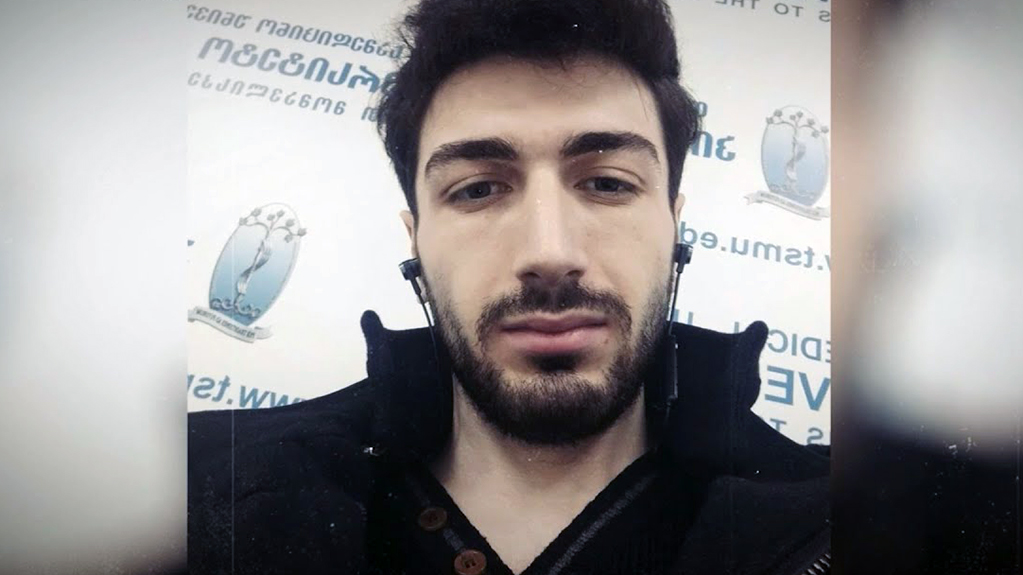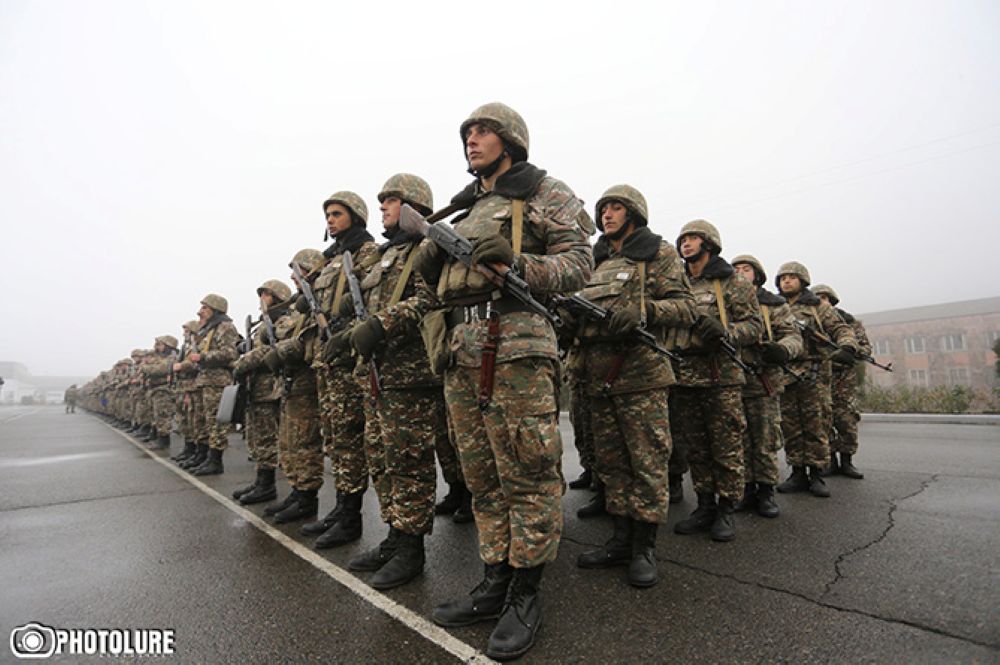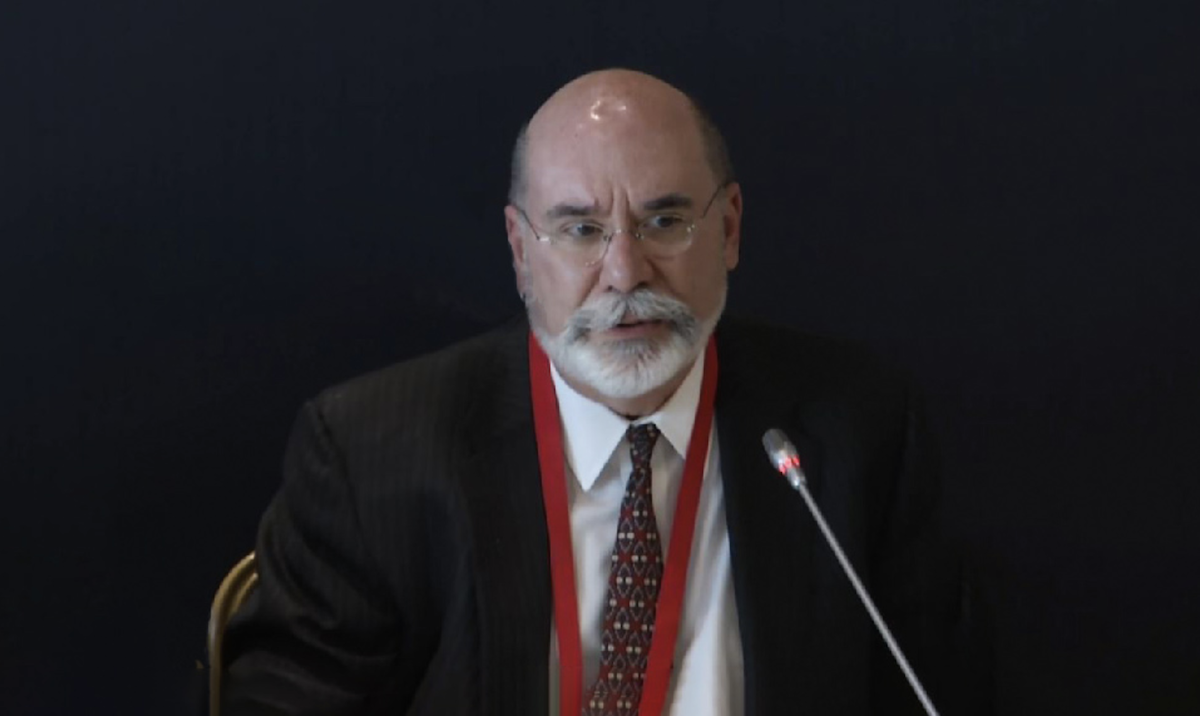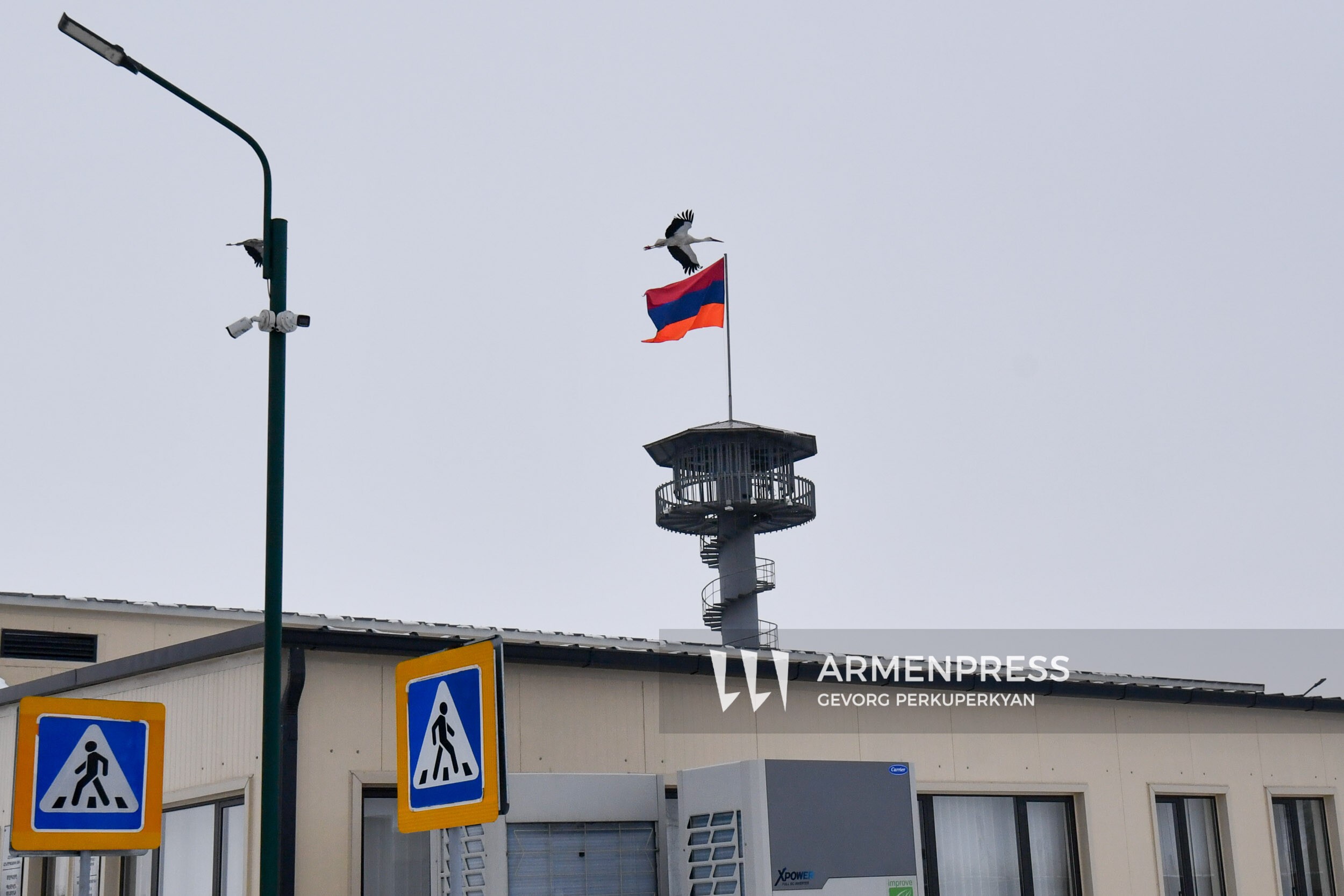Saakashvili ally, former interior minister Merabishvili gives first interview since prison release
Merabishvili on the killings in Georgia
Former Prime Minister and Interior Minister Vano Merabishvili of Georgia – the mind behind the Georgian police reforms, a close associates of Mikheil Saakashvili and one of the most influential people in his government – has given his first big television interview since leaving prison.
In conversation with the general director of television company Mtavari Nika Gvaramia, Merabishvili spoke about the criminal cases related to his name and stated that he was going to participate in the political life of the country in order to change the government in Georgia.
Vano Merabishvili headed the Ministry of the Interior from 2004 to June 2012, and from June to October of the same year he served as Prime Minister.
He was released from prison on February 20, 2020, after serving a prison term of six years and nine months.
The sentences of the former Interior Minister were handed down by the court after a change of power in Georgia, in 2013 and 2014. He was found guilty of bribing voters and exceeding his official authority in connection with the dispersal of the rally on May 26, 2011, hiding evidence in the sensational case of Sandro Girgvliani and in the case of the beating of MP Valery Gelashvili.
Supporters of Merabishvili considered these cases trumped up, and the sentences politically motivated.
Merabishvili says that after his release from prison, he underwent a medical examination in Europe and is currently “healthy and full of energy”. He claims that at present he has no income and is basically living off the expenses of his parents and friends.
Merabishvili on the Girgvliani case
The assassination of Sandro Girgvliani in 2006 was one of the most high-profile criminal cases in post-Soviet Georgia, which greatly undermined the authority of President Mikheil Saakashvili and his party, the United National Movement. A 28-year-old bank employee was found dead after quarreling in a restaurant with senior Interior Ministry officials, among whom was also Merabishvili’s wife.
Several officers of the Ministry of Internal Affairs were convicted in this case, however, the opposition and human rights activists insisted that the investigation covered up for the real perpetrators and customers of the crime. The European Court of Human Rights confirmed that the investigation of the case was not conducted properly and state structures actively interfered with the process.
In an interview, Merabishvili said that he wanted to take political responsibility and resign from the post of head of the Ministry of Internal Affairs. However, according to him, the question of his resignation was discussed “by the team” and he was dissuaded from pursuing this route.
“It would have been better for me and my friends if I had then resigned,” Merabishvili said in his interview.
Other scandalous cases
– The raid of Imedi television company. On November 7, 2007, special forces dispersed an opposition rally in front of parliament. The Interior Ministry, led by Vano Merabishvili, said that some of the opposition leaders are cooperating with Russian intelligence, and published videos as evidence. On the night of November 7, masked law enforcement officers raided the Imedi television company, expelled television employees from the building, and destroyed equipment.
The former prime minister and interior minister said in his interview that “it would have been nice if that didn’t happen.” According to Merabishvili, this was “not a mistake, but a problem for the then-government.”
However, Merabishvili believes that this “political leadership of the television company” forced the authorities to act this way. But after the authorities realized their behavior was inappropriate, there was an “unprecedented event in the history of Eastern Europe” – the president resigned and called an early election.
– The dispersal of the rally on May 26, 2011. During the operation, five people were killed and dozens injured. Merabishvili said that the special forces were not properly trained: “We did not have the time, energy, knowledge, experience to teach these people to follow the laws and, most importantly, to control their emotions.”
– Vano Merabishvili categorically denied allegations that compromising footage of politicians was collected on his behest (some of these records were published after the change of power in Georgia).
The prison footage
Merabishvili commented on the shocking videos of torture in prisons, which were published in the Georgian media in September 2012, immediately before the elections, and largely determined their outcome – the loss of power by the party of Mikheil Saakashvili.
According to the former prime minister, some of the videos of the torture in the prison was real, and some of them were ‘produced’. According to him, these shots then convinced him that “we have a problem”.
The election of 2012 and Bidzina Ivanishvili
According to Vano Merabishvili, after Bidzina Ivanishvili (a billionaire, later the Prime Minister of Georgia and now the head of the ruling party “Georgian Dream”) appeared in public politics in 2011, he was convinced that the ruling party Unified National Movement would lose the 2012 parliamentary elections, and so was President Saakashvili.
According to him, during his stay in power he had relations with Bidzina Ivanishvili – he usually met with him every few months and talked on the phone. The former interior minister did not specify what they spoke about during the meetings. According to Merabishvili, the last time he spoke with Ivanishvili was in the spring of 2008.
Political plans
Merabishvili says he will actively participate in politics.
“Of course I will join a party, and I know which one, but I will say this publicly later,” he said.


















